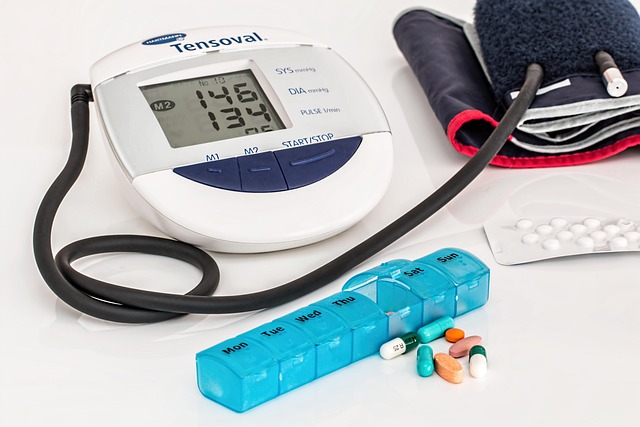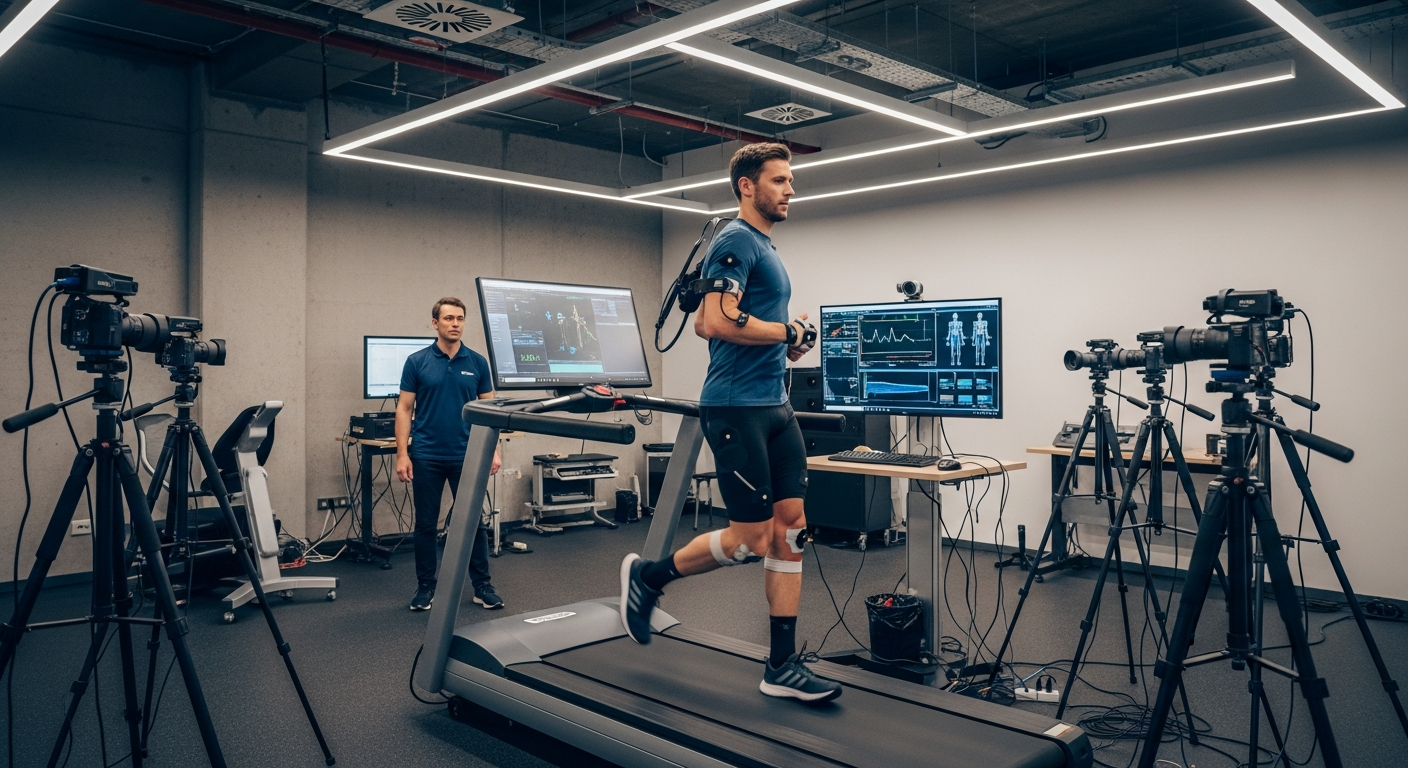Chronotherapy: Timing Your Health for Optimal Wellness
Are you ready to revolutionize your approach to health? Imagine a world where the timing of your daily activities could significantly impact your well-being. Welcome to the fascinating realm of chronotherapy, where the when becomes just as crucial as the what in your health journey.

The Science Behind Chronotherapy
At the heart of chronotherapy lies the complex system of circadian rhythms—our body’s internal 24-hour clock. These rhythms regulate numerous physiological processes, including hormone production, metabolism, and even gene expression. Recent advances in chronobiology have revealed that nearly every cell in our body possesses its own molecular clock, synchronized by a master timekeeper in the brain called the suprachiasmatic nucleus.
This intricate network of biological timers influences everything from our sleep-wake cycles to the fluctuations in body temperature and blood pressure throughout the day. By understanding and working with these natural rhythms, chronotherapy aims to optimize health interventions for maximum benefit.
Chronotherapy in Medical Treatment
One of the most promising applications of chronotherapy is in the realm of pharmacology. Traditional medicine often focuses solely on the dosage and type of medication, overlooking the crucial factor of timing. However, research has shown that the efficacy and side effects of many drugs can vary significantly depending on when they are administered.
For instance, studies have found that taking blood pressure medication at bedtime, rather than in the morning, can lead to better blood pressure control and reduced risk of cardiovascular events. Similarly, the timing of chemotherapy treatments has been shown to affect both their effectiveness in fighting cancer cells and the severity of side effects experienced by patients.
Chronotherapy and Lifestyle Optimization
Beyond medical treatments, chronotherapy principles can be applied to various aspects of daily life to enhance overall well-being. From optimizing meal times to aligning exercise routines with our body’s natural energy peaks, chronotherapy offers a new lens through which to view our lifestyle choices.
Research suggests that eating in sync with our circadian rhythms—consuming larger meals earlier in the day and avoiding late-night snacking—can improve metabolic health and weight management. Similarly, timing high-intensity workouts to coincide with the body’s natural cortisol peaks in the late afternoon may lead to better athletic performance and recovery.
Chronotherapy and Sleep Health
Perhaps one of the most significant areas where chronotherapy can make an impact is in the realm of sleep health. Our sleep-wake cycles are intricately tied to our circadian rhythms, and disruptions to this delicate balance can have far-reaching consequences on our overall health.
Chronotherapy techniques, such as carefully timed light exposure and melatonin supplementation, have shown promise in treating various sleep disorders, including insomnia and delayed sleep phase syndrome. By helping to reset and regulate the body’s internal clock, these interventions can lead to improved sleep quality and, consequently, better overall health outcomes.
The Future of Personalized Chronotherapy
As our understanding of chronobiology deepens, the potential for personalized chronotherapy approaches grows exponentially. Advances in wearable technology and artificial intelligence are paving the way for real-time monitoring of individual circadian rhythms, allowing for highly tailored interventions.
Imagine a future where your smartwatch not only tracks your sleep and activity levels but also provides personalized recommendations for the optimal timing of meals, medications, and exercise based on your unique biological rhythms. This level of precision in health management could revolutionize preventative care and chronic disease management.
Chrono-Wellness Tips
-
Morning light exposure: Spend 15-30 minutes in natural sunlight upon waking to help regulate your circadian rhythm
-
Consistent meal times: Aim to eat your meals at the same time each day to support metabolic health
-
Strategic caffeine consumption: Limit caffeine intake after 2 PM to avoid disrupting nighttime sleep
-
Evening wind-down: Implement a relaxing bedtime routine and dim lights 2 hours before sleep to promote melatonin production
-
Chronotype-aligned schedule: Organize your daily tasks according to your natural energy peaks and valleys
As we continue to unravel the complexities of our body’s internal clocks, chronotherapy stands poised to transform our approach to health and wellness. By aligning our lifestyles and medical treatments with the natural rhythms that govern our biology, we open the door to more effective, personalized, and holistic health strategies. The future of wellness may not just be about what we do, but when we do it—ushering in a new era of time-tuned health optimization.






